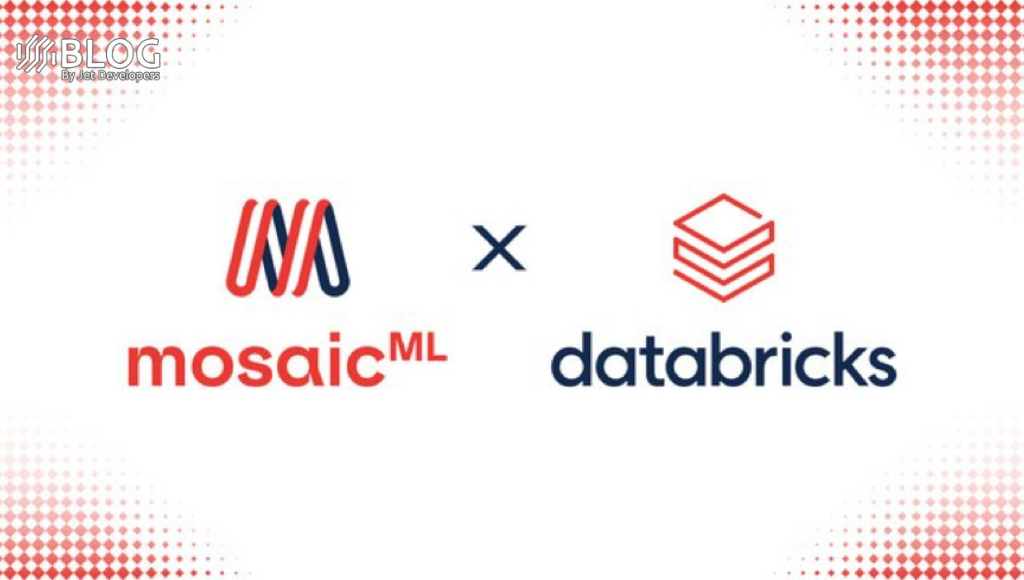The recent news of Databricks definitive agreement to acquires MosaicML, an AI startup, for an estimated $1.3 billion has created ripples in the tech industry. However, for the CEOs of both companies, this deal represents a natural synergy aimed at expediting the enterprise adoption of generative AI.
Ali Ghodsi, the CEO of Databricks, revealed that their customers had been consistently raising similar questions for months. They sought guidance on creating their own generative AI models, claiming ownership over them, and safeguarding their intellectual property. Ghodsi stated, “Can you help me?” in reference to the inquiries pouring in.
Repeatedly, MosaicML emerged as a company that assisted enterprises in achieving these objectives. Interestingly, many customers who used MosaicML for building their own generative AI models were also leveraging Databricks’ services. For instance, Replit, a cloud-based collaborative code editing platform, had previously documented its efforts to train large language models (LLMs) from scratch, employing a combination of MosaicML, Databricks, and Hugging Face, in an April blog post.
Ghodsi explained, “It became clear to us that if we could join forces, we could make it even cheaper and better for the customers. And if we can make it cheaper, we can grow revenue because we can satisfy more demand and help further democratize generative AI.” He humorously added that such a collaboration required a close integration, jokingly comparing it to giving someone the keys to his house and providing them with a toothbrush, implying the idea of getting married.
Naveen Rao, CEO of MosaicML, emphasized the alignment between the two companies, stating that they both share a common goal of going faster and better serving their customers. He highlighted Databricks’ AI focus from the beginning and acknowledged the demand from their customers for LLMs, which MosaicML provides. Rao mentioned Databricks’ launch of Dolly, a ChatGPT-like model, to demonstrate that organizations can use fine-tuned, smaller models rather than the latest or largest LLMs. In comparison, MosaicML recently released its own open-source LLM, MPT-30B, trained at a fraction of the cost of its competitors.
Ghodsi stressed the significance of model intellectual property (IP) for enterprises. Many organizations expressed their desire to own their models, which they consider a valuable asset for gaining a competitive advantage. He shared interactions with Fortune 500 CEOs who raised concerns about IP ownership in the realm of generative AI. Databricks aims to provide a positive response to these concerns, empowering enterprises to claim ownership over their models.
Regarding the acquisition, Rao clarified that he doesn’t view the $1.3 billion deal as an “exit.” Instead, he sees it as a transformative and accelerating milestone. The acquisition enables MosaicML to tap into additional resources and expertise, allowing them to expedite their progress. Rao expressed excitement about leveraging Databricks’ ten years of experience in servicing enterprises and utilizing their extensive knowledge to propel MosaicML forward.
The acquisition of MosaicML by Databricks stands as a significant move in the domain of generative AI. The integration of these two companies is expected to enhance the accessibility, affordability, and speed of deploying generative AI models for enterprises, ushering in a new era of innovation and competitiveness.






